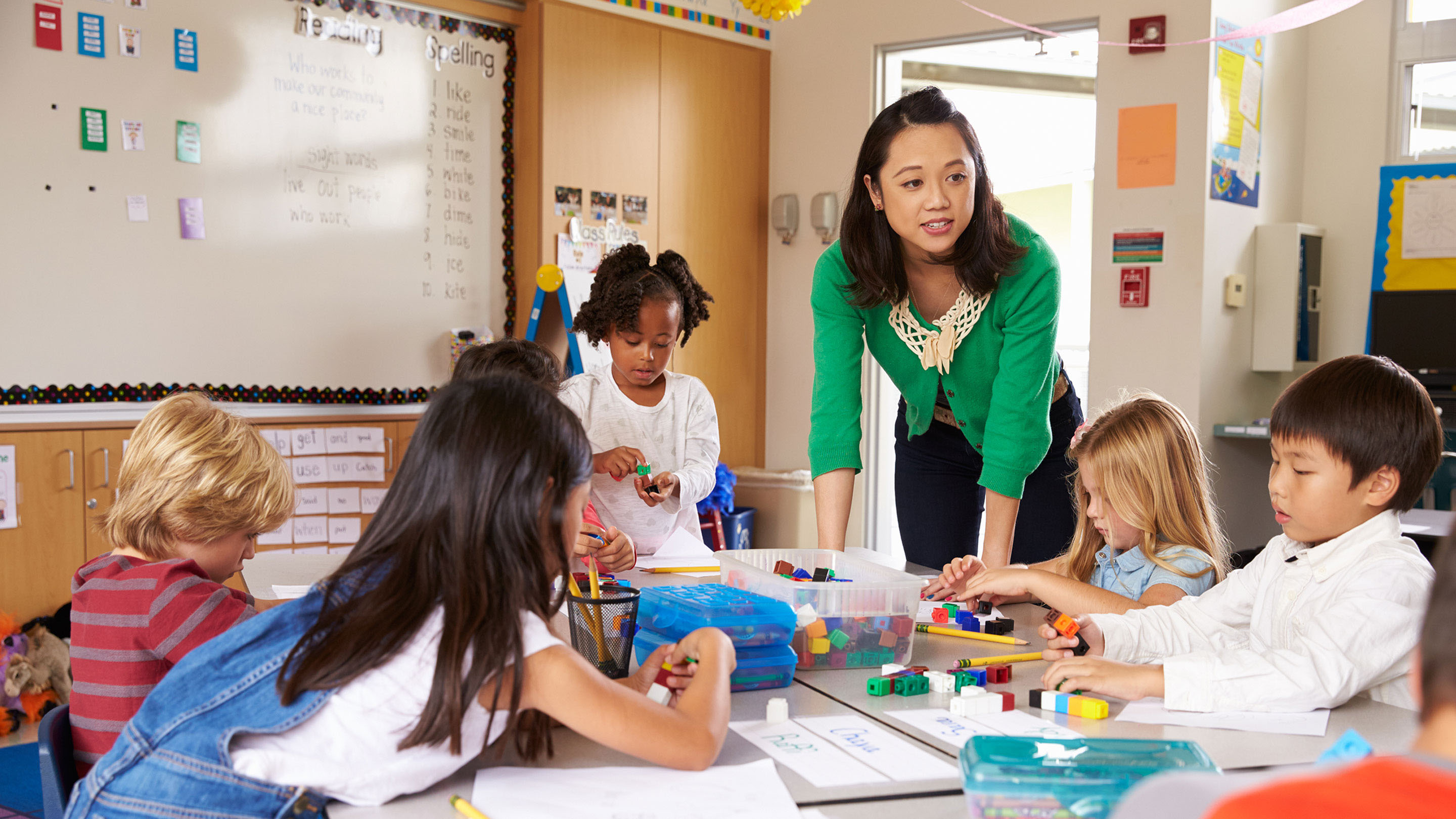Achieve Academic Success with Primary Science Tuition Singapore
Achieve Academic Success with Primary Science Tuition Singapore
Blog Article
Checking Out the Various Training Methods in Key Scientific Research Education And Learning Today
Inquiry-based discovering, hands-on experiments, and the integration of modern technology are redefining how educators involve young minds. In addition, collective methods and separated instruction are being utilized to provide to the diverse demands of trainees, boosting both engagement and understanding.
Inquiry-Based Discovering
Inquiry-Based Knowing (IBL) is an instructional approach that motivates trainees to check out clinical concepts with questioning, investigation, and hands-on trial and error. This method highlights the role of trainees as energetic participants in their discovering, promoting important reasoning and problem-solving skills. By involving with real-world inquiries, students become inspired and interested, which enhances their understanding of clinical concepts.
In IBL, teachers act as facilitators, directing trainees as they browse their questions as opposed to delivering details directly. This student-centered technique allows for differentiation, accommodating various discovering paces and styles. Students create skills in developing hypotheses, creating experiments, and examining information, which are important for scientific literacy.
Additionally, IBL promotes collaboration among pupils, urging them to share findings and ideas. This cumulative questions advertises social skills and a sense of neighborhood within the classroom. The procedure of questions motivates durability, as pupils discover to accept failure as a tipping stone toward understanding.
Hands-On Experiments
Hands-on experiments are an essential part of efficient scientific research education and learning, matching the principles of inquiry-based learning. These experiments permit trainees to engage straight with scientific principles, promoting a much deeper understanding via experiential discovering. By manipulating products and observing end results, young learners can understand abstract concepts in concrete ways.
Such tasks promote critical thinking and analytic skills, as pupils hypothesize end results, conduct experiments, and examine results. This process urges them to ask concerns, refine their understanding, and establish a clinical mindset. In addition, hands-on experiments can be customized to varied knowing designs, guaranteeing that all students have the chance to engage meaningfully with the content.
In addition, hands-on experiments frequently motivate cooperation among peers, advertising teamwork and communication skills. Operating in teams makes it possible for students to share ideas, discuss findings, and gain from each other, which improves their general educational experience.
Incorporating hands-on experiments into the key scientific research curriculum not only enhances the discovering setting yet additionally grows a lifelong rate of interest in science. By actively joining their education and learning, trainees are more probable to establish an interest for scientific inquiry that expands past the class.

Modern Technology Integration
Incorporating modern technology right into key scientific research education has actually ended up being significantly crucial in promoting trainee interaction and enhancing learning end results. Using electronic devices, such as interactive simulations, online labs, and instructional software, provides pupils with possibilities to explore scientific principles in cutting-edge methods. These resources facilitate a much deeper understanding of intricate topics by allowing students to envision and control variables that would be impractical in a standard class setting.
Moreover, modern technology combination urges customized learning experiences. Pupils can advance at their very own speed, revisiting tough ideas via multimedia resources, which deal with different learning styles. This adaptability not only supports specific growth yet likewise cultivates a sense of freedom in learners.
Furthermore, innovation serves as a bridge to real-world scientific research, linking students with existing research and professional contributions. Accessibility to online data sources and clinical journals broadens trainees' perspectives on clinical Get More Info questions and promotes critical assuming abilities.
Collaborative Learning
Collaborative learning plays an important duty in primary science education and learning by promoting synergy and interaction skills among pupils. This method motivates students to collaborate, share expertise, and engage in problem-solving, which improves their understanding of clinical concepts. By participating in group activities, trainees discover to express their concepts, pay attention to varied perspectives, and discuss remedies, every one of which are essential skills in both academic and real-world contexts.

Research shows that collective understanding can cause increased inspiration and interaction in scientific research subjects, as pupils find enjoyment in common experiences (primary science tuition Singapore). In addition, this method prepares pupils for future collaborative undertakings, furnishing them with the skills essential for effective team effort in college and expert settings. Ultimately, embracing joint discovering in primary scientific research education can dramatically enhance the knowing experience and advertise a much deeper understanding of clinical questions
Distinguished Direction

Separated direction can materialize in different means, such as varying the content, procedures, or items of learning. Instructors may make use of company website tiered jobs that supply differing degrees of intricacy, enabling students to function at their corresponding readiness degrees. In addition, versatile grouping techniques can assist in cooperation among students with various capabilities, cultivating peer knowing.
Assessment plays a vital role in this approach, as it educates direction and aids educators comprehend each student's one-of-a-kind requirements. Formative analyses, such as tests and his response observations, can lead instructors in readjusting their approaches to improve discovering outcomes. primary science tuition Singapore. Eventually, by carrying out differentiated instruction in main scientific research education, instructors can cultivate an extra effective and equitable understanding environment, encouraging all students to reach their full possibility in understanding clinical sensations
Conclusion
In recap, the varied teaching methods in main science education, consisting of inquiry-based learning, hands-on experiments, innovation assimilation, joint knowing, and set apart guideline, collectively contribute to a much more efficient learning environment. These techniques promote critical thinking, analytical abilities, and a much deeper understanding of clinical principles. By implementing these methods, instructors can develop interesting and encouraging classrooms that deal with the different requirements of trainees, eventually promoting a lifelong rate of interest in science and improving academic accomplishment.
Inquiry-Based Discovering (IBL) is an instructional technique that urges trainees to check out clinical ideas through questioning, investigation, and hands-on testing.Joint discovering plays a crucial role in primary scientific research education by cultivating team effort and interaction skills among pupils.Research study indicates that collaborative understanding can lead to increased motivation and engagement in scientific research subjects, as pupils discover enjoyment in shared experiences.In cultivating an inclusive learning setting, separated instruction arises as an essential strategy to suit the diverse requirements and abilities of pupils in main scientific research education. Ultimately, by executing distinguished instruction in key science education and learning, teachers can cultivate an extra equitable and efficient discovering atmosphere, encouraging all students to reach their full possibility in comprehending clinical sensations.
Report this page